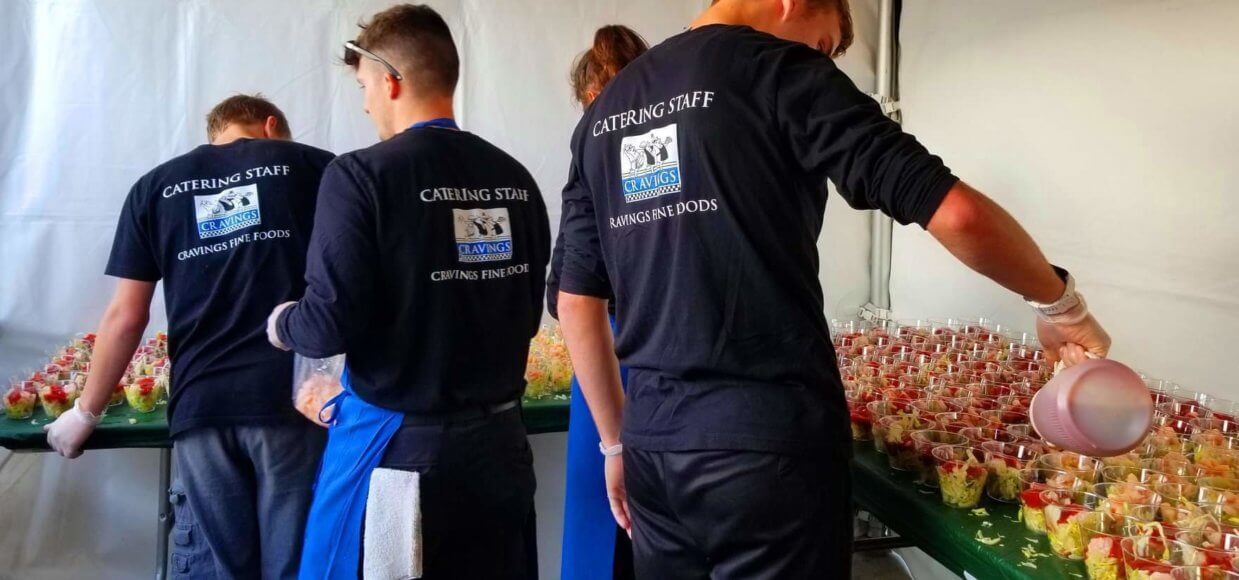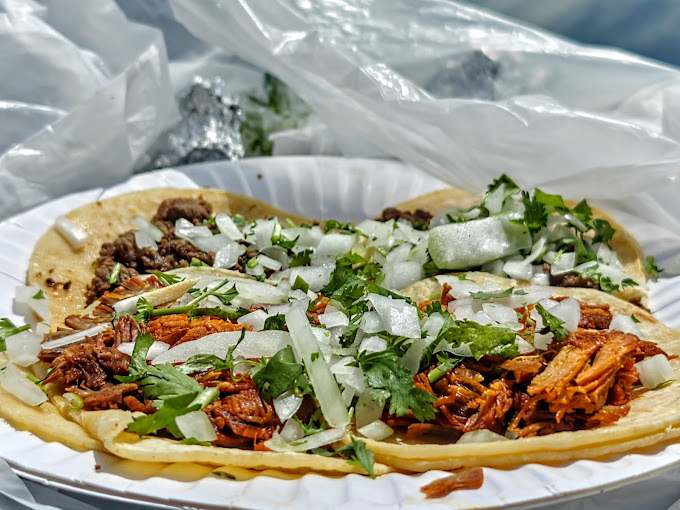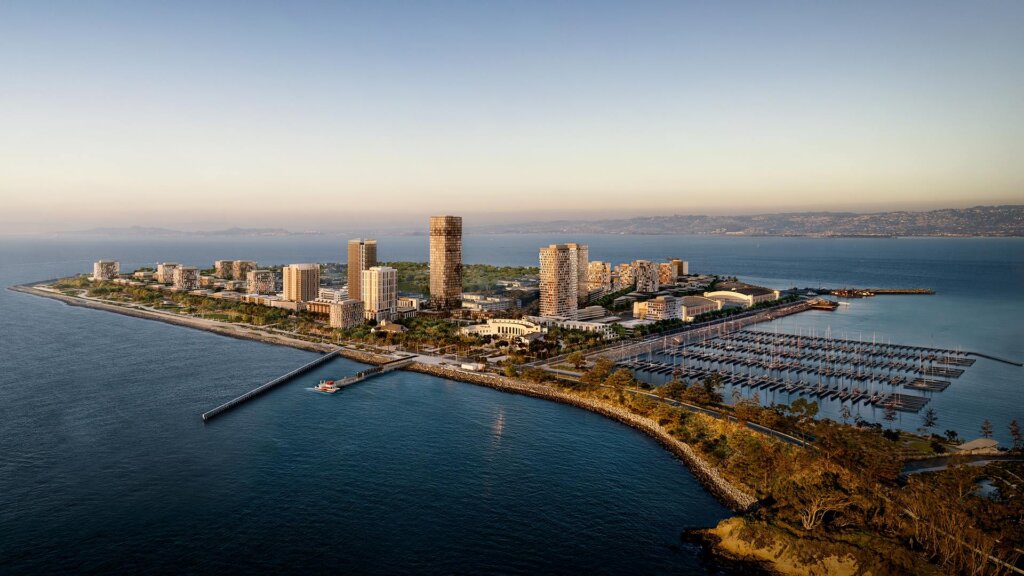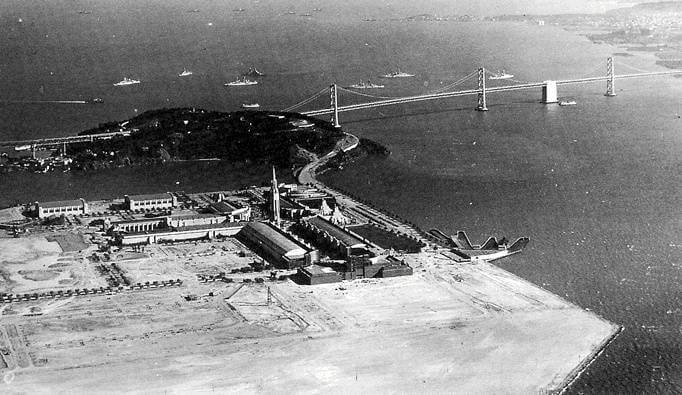
Written by: Colleen, Owner of the catering company, Cravings Fine Foods
I was working a lot of weddings before the pandemic hit.
My catering company, Cravings Fine Foods, has been in business since 1993. My husband is the head chef and I am the sales manager. We serve the greater Eugene, Springfield and Lane County area of Washington state, where we cater all kinds of events—from weddings, corporate and social events, holiday parties, grand openings, award dinners, company picnics, university parties and more.
My primary clientele was on the higher end and large multi-layered events were our schtick. The kinds of events we were known for included off-premise catering to many local wineries, event centers, large private homes and the University of Oregon. Like most in this space, June through January was our busy season and our business relied heavily on being able to gather guests for large functions. Of course, all that changed when the pandemic hit.
When Eugene and Lane County announced citywide lockdowns in March of 2020, I had to scramble to figure out what to do. I noticed an article in our local paper that was housing the unhoused at the fairgrounds and a shelter in Springfield. They were looking to hire restaurants and catering services who could do a meal for $5 per person.
We had just lost three weddings we had booked for the following weekend with just a few day’s notice. We already purchased the food and had begun the prep work. So, we didn’t let that food go to waste. We contacted the food relief agencies and started doing meals 4 to 5 times per week for 200 people a day—and that’s how it started.
In no time at all, we went from being a high-end caterer to a provider of disaster relief meals.
We went about this throughout the pandemic. When things started reopening in the summer, we thought we might be out of the woods and were grateful for the temporary relief we were afforded, as well as able to offer.
After several events—some rescheduled from the spring and early summer to the fall—we seemed to be feeling pretty optimistic that business was picking up a bit. We were learning how to work in the new normal of smaller events with masks and constant sanitation. The fall weather in Oregon was just fantastic last year, so we were able to do outside events per the governor’s mandate.
However, the good mood didn’t last. Another surge came and we were devastated to find out that the University of Oregon football season would be hit hard. Following that, all of our holiday parties were canceled. It was just one after another, like a row of dominos.
At this point, we were scared and panicking. How would we survive the winter? I reached out to the contact that I had with Lane County. She said they did not have the funds to shelter the unhoused in the approaching winter. She referred us to FEMA. Little did we know that we were about a month away from the devastating Holiday Farm fire that roared its way through one of the most pristine places in the world.
I grew up in Eugene and my father worked for a private timber company, so my childhood was spent exploring and enjoying this pristine place along the McKenzie river. I have catered to many homes and lodges in the area. To see the devastation and loss that these people suffered was beyond horrific.
In a matter of days, we were helping support those devastated by the fires.
I received a call from Jeff Gilbert with the state, and suddenly we were in the midst of doing three meals a day seven days a week that went out to 15 different hotels in Eugene and Springfield. At the time, we really didn’t think a whole lot about what we were getting into—we just sprang into action. Jeff is an amazing leader and he gave very clear and specific instructions as to what needed to be done. Within just a few days we took over what volunteers had been doing with the initial service from the Red Cross and volunteers.
There were a lot of growing pains as we started. The amounts of food we needed to have delivered each week overwhelmed our kitchen and facility. We typically do lavish buffets or intricately plated dinners. We were now COVID-friendly, packaging over 600 meals a day.
Our larger main banquet room became our dry storage. We didn’t even think about how much space all the to-go boxes would take up. In addition to the whole foodservice industry everywhere becoming takeout only, the containers were a hot commodity. We kept a 20-day supply on hand as they are often on backorder.
After doing this for 8 months, we have a great system and team that produces every day of the week. Since starting, we have worked each and every holiday providing daily meals to those in need.
The dance floor in our other banquet room has become our dish up area. Each day we fill the to-go boxes with the specific meal and place it in a portable food warmer that is then loaded into the vans and delivered to the hotels. We do a hot comfort food dinner each evening, trying to keep the food familiar but on a large rotation so there is variety. Along with the dinner, guests receive a shelf-stable breakfast. The lunch meal is either a hot entree or an entree salad or sandwich.
We have learned from 28 years of being in the food business that the market is forever changing and you have to grow and adapt with it. You can try to start every day with a plan, but you never know what obstacles or challenges may come your way—you just figure it out and don’t give up.
The biggest reward has been meeting the challenge and figuring out the best, most efficient way to execute it.
Hearing feedback from guests and how they look forward to knowing that we will be there no matter what with their meals is the best gift of all.
On holidays when (to be honest) we would rather have stayed at home with our families, we hit the door and all that then mattered was taking care of the people that did not even have a home to spend their holiday in. For the holidays we provided an extra special meal and treats to make it a bit more festive.
This food relief contract has supported my husband and me, our children, employees and business in a new and uncharted world of COVID. The pandemic has destroyed so many in our industry. The effects have been devastating. We are grateful and thankful to be serving our community and at the same time sustaining others.
For the time being we are cautiously taking on events and currently only at our event center. We have invested in two out buildings that now house our paper and plastic supplies. When we do have events, we have to move the packaging production into the kitchen for the day and transform the space back to normal to execute the event.
I would encourage anyone wanting to get into this work to do it.
I would say jump in and make it work—you will figure it out. You may be exhausted for the first few months working out the kinks, but you will figure it out.
My husband has worked almost every day, with the exception of having a couple of health issues. People are depending on us each and every day to be there for them; we cannot let them down.
We have (fingers crossed!) weathered this horrific storm of Covid and prevailed to do what we love to do—feed people and bring some happiness through food. And others can, too.



